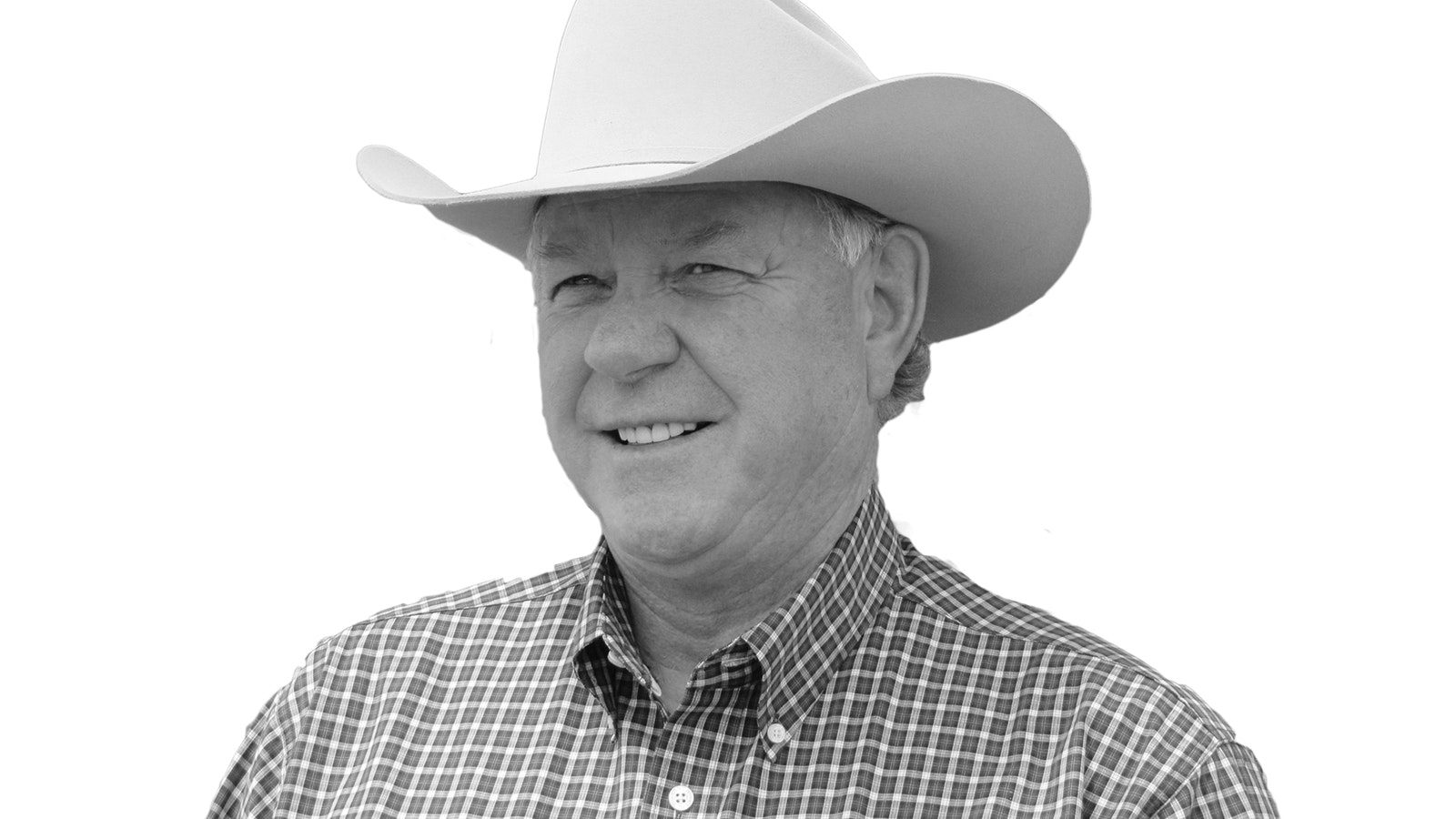While recently celebrating Thanksgiving, many people in the agriculture industry likely expressed thanks for God, their families and the change in administration in Washington, D.C.
Now, I believe there will be many changes for the better and some commonsense solutions implemented. We hope people in the West who live and do business in rural settings will be a part of the ecosystem where their livelihoods matter.
A recent press release I read from the state of Wyoming says, “Wyoming outdoor recreation industry sets new record.”
The release reported Wyoming’s outdoor recreation industry remained a significant economic driver in 2023, contributing $2.2 billion to Wyoming’s economy, placing our state fifth in the nation in this sector.
Wyoming has established the Wyoming Outdoor Recreation Grant Program to fund outdoor projects. It is a great idea, but somewhere they need to educate outdoor recreationists to have respect for private lands – and all other lands for that matter.
Every year trespassing and destruction gets worst.
Dr. Rick Knight, professor emeritus at Colorado State University’s Warner College of Natural Resources, said while talking about federal and private lands, “We will not successfully conserve our natural heritage if we focus on public lands. This means thinking about and working with landowners and those with permits to utilize public lands to make impacts as sustainable as possible. The biggest problem species, it seems, is humans. If you ignore the human economic dimension and focus only on the ecological dimension, policies will fail. We as humans are a part of these ecosystems.”
Knight went on to say, “Residential developments and outdoor recreation have immense – often overlooked – impacts, and we need to keep this in perspective. Based on land use, current economic incentives drive private land use toward residential development, which deteriorates the ecosystem more than grazing and ranching, and outdoor recreation is the number two cause of degradation on our public lands.”
I would guess Knight is talking about all of the ATVs, four-wheelers, etc. we all realize cause damage to the lands.
Knight also discussed the issue of introducing predators into an ecosystem.
He said, “Once depredation happens, it is much harder to prevent because it becomes a cultural option for the predator.”
In interactions with wild predators, he stressed the importance of establishing aversion to humans with minimal harm.
Knight continued, “If interactions with humans have a penalty, wildlife will avoid humans. If interactions have a reward, they are attracted to humans. If there is neither penalty or reward, wildlife become habituated, which is the most dangerous option for these species.”
This, to me, is why it is so important to have hunting seasons on wolves and mountain lions and to allow lethal take of animals that attack livestock.
California outlawed hunting of mountain lions in 1990, and in the 34 years since, the California Department of Fish and Wildlife has had to kill many more lions every year than were killed when permitted hunting was a policy.
In an ecosystem, all species have to be managed – even people – to make it work.
Dennis Sun is the publisher of the Wyoming Livestock Roundup, a weekly agriculture newspaper available in print or online.





